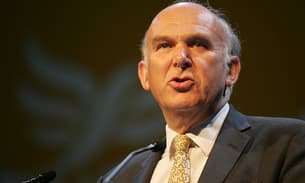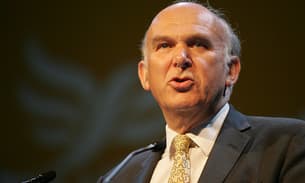
Cigarette factories suck in €1.5m of EU funding
More than €3m in public funds, an estimated €1.5m of which have come from the European Union’s structural funds, have been allocated to tobacco companies, helping to equip cigarette factories and fund training projects.
The EU spends more than €16m ($21m) a year on its anti-smoking campaign. It also excludes tobacco growers from the subsidy system under its common agricultural policy.
But our joint investigation with the Financial Times, found some of the world’s most profitable tobacco companies continue to receive EU funds under its flagship regional development programme.
According to data gathered from member countries, British American Tobaccoand Japan Tobacco International have received help from EU taxpayers for machinery and training programmes.
In Bavaria, the German region, BAT has been granted an estimated €531,510 EU funds for the development of processing machinery. The funding was part of an overall grant signed off by the Bavarian state economy ministry totalling €1.6m, with the remainder being supplied by the regional government.
BAT confirmed it had received the money and said the German project had run from 2007 to 2009 and focused entirely on applying an “extrusion” process it had developed at the factory. “The Bavarian government awarded us a grant due to the innovative nature of this technology,” BAT said.
JTI, which did not respond to requests for comment, was allocated an estimated €142,921 in EU funds in Poland for retraining staff, according to public data gathered as part of the investigation by the FT and the bureau.
International Tobacco Machinery, the Polish company, is the largest recipient of structural funds among the tobacco-related companies. It was allocated an estimated €888,770. The company confirmed it had received the grant and said it had been used for the “development of filter technology and filter machinery”.
Funding for machinery appears to be in breach of World Health Organisation guidelines within the Framework Convention on Tobacco Control, which recommends that “parties should not grant incentives, privileges or benefits to the tobacco industry to establish or run their businesses”.
The WHO declined to comment on the funding.
The German health ministry said while the convention was legally binding the WHO guidelines were not. It said that from this year no other public funding would go to the tobacco industry.
According to the European Commission’s directorate-general for regional policy, there is nothing in EU law to prevent structural funds going to tobacco companies. Ton Van Lierop, spokesman for the directorate-general for regional policy, said: “It is not excluded that such companies could receive funding for certain activities. In certain circumstances, funding is possible – for example, the retraining of laid-off staff.”
The Commission’s health directorate says “as many as 650,000 Europeans die every year prematurely because of tobacco use”.




